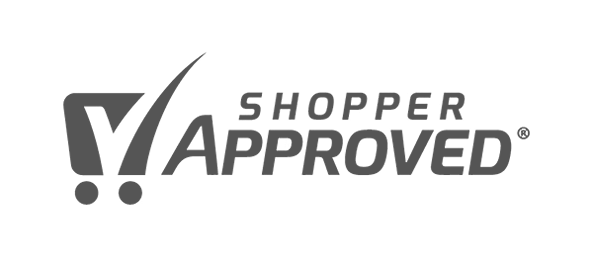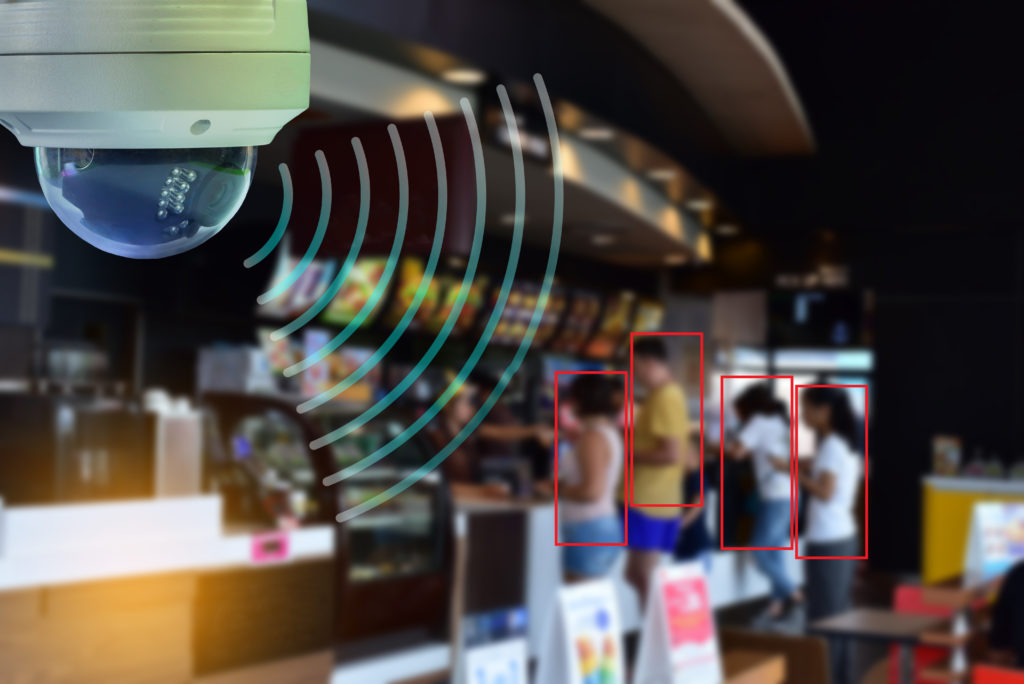Stop ’Fishy‘ Fishing! How Surveillance is Stopping Black Market Fishing
February 13, 2015 in Business Security
As one of the largest markets for imported seafood, the United States receives more than 5.3 billion pounds of seafood each year that is worth approximately $18 billion. However, there’s one major problem: Illegal, unreported and unregulated (IUU) fishing costs nations around the world an estimated $15 billion each year.
Perpetrators of illegal fishing include unethical individuals, commercial fishing operations and organized crime groups, and they are all equally contributing to the costly and fraudulent fishing problem in the US .
On June 17, 2014, President Barack Obama joined representatives from 80 other nations at the “Our Ocean” conference to announce the creation of a new task force designed to fight IUU fishing and seafood fraud.
Hidden cameras and video surveillance systems using the latest advanced technologies are instrumental in aiding US illegal fishing task forces with their mission of stopping “fishy” black market fishing and seafood fraud.
Satellite surveillance systems
One of the pioneers leading the charge against illegal fishing is John Amos and his small West Virginia organization, SkyTruth, which began collecting satellite images of major oil spills in the ocean.
Most recently, Amos has collaborated with Eyes on the Seas and Google to use video surveillance systems to monitor the movement of fishing boats. Eyes on the Seas is a groundbreaking technology that uses several sources of live satellite tracking information, such as ships’ automatic identification systems (AIS).
AISs are similar to the black boxes carried by aircraft, as they broadcast a ship’s position, identity and other information to satellites and nearby coastal ships and stations. These electronic devices are required for all commercial vessels with a gross tonnage of more than 300.
In addition to the AIS, most of these boats are required to carry a vehicle monitoring system (VMS), which transmits similar information.
The data from the AIS and VMS is linked to information about the ship’s country of registration and ownership. As a result, Eyes on the Seas allow officials to access a dossier of instant data, which can be used to monitor suspicious vessel movement.
While the system can’t monitor all of the world’s vast oceans, satellite surveillance systems will be used to pay close attention to areas frequented by pirate fishing vessels.
At the 2014 IUCN World Parks Congress in Sydney, Australia, a prototype of the public version of the satellite video surveillance system was announced to be in development. The satellite video surveillance system will ultimately provide an easy online platform to monitor, visualize, track and share information about fishing activity worldwide.
Vietnamese shock therapy
On December 5, 2014, a Vietnamese fishing boat was photographed in flames after the Indonesian Navy destroyed the vessel due to illegal fishing activities. Indonesia’s president, Joko Widodo, stated that any boat sailing under any nation’s flag caught illegally fishing without permits in Indonesia’s resource-rich waters would be captured or sunk.
“Every day there are around 5,400 boats in our ocean and our sea. And 90 percent of them are illegal. So to give shock therapy to them, of course we are sinking them,” Widodo said.
Everyone can do their part
With nations around the world focusing on thwarting and ending illegal fishing activities, it’s important to make sure your business isn’t aiding and abetting unlicensed or illegal fishing activities.
Everyone can contribute to stopping fraudulent fishing activities, and the best solution for helping crack down on illegal fishing is to be proactive. If you sell fishing equipment or distribute fish, you can install high-resolution security cameras or hidden cameras in discreet locations on ports and inside of your business for monitoring the location for illegal activity around-the-clock.
If nothing more, security cameras and security camera systems will act as a deterrent for illegal fishing vessels, and eliminate the risk of facing harsh penalties or potentially being shut down for engaging in illegal ‘fishy’ business.
For more information about what you can do to help fight illegal fishing activities, contact Supercircuits, even if you’re not sinking pirate ships.




About The Author: Supercircuits Team
More posts by Supercircuits Team